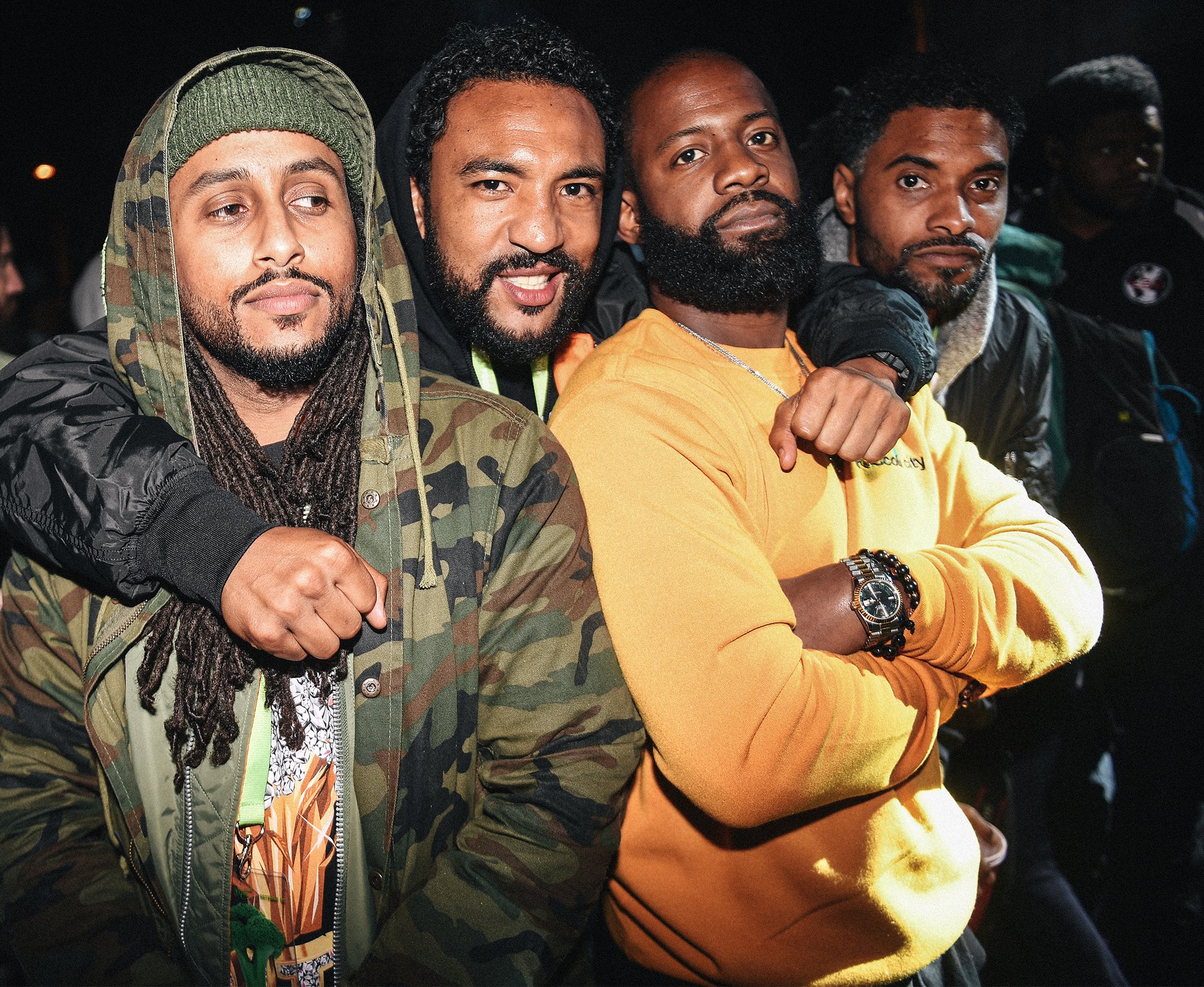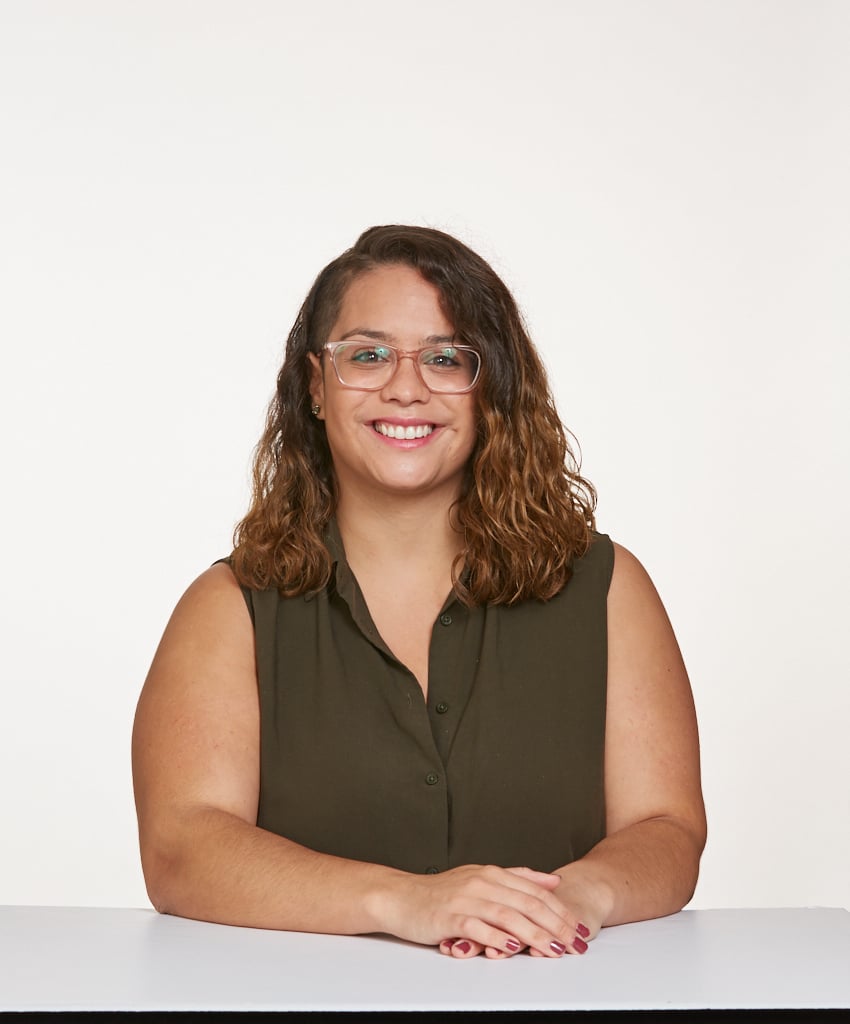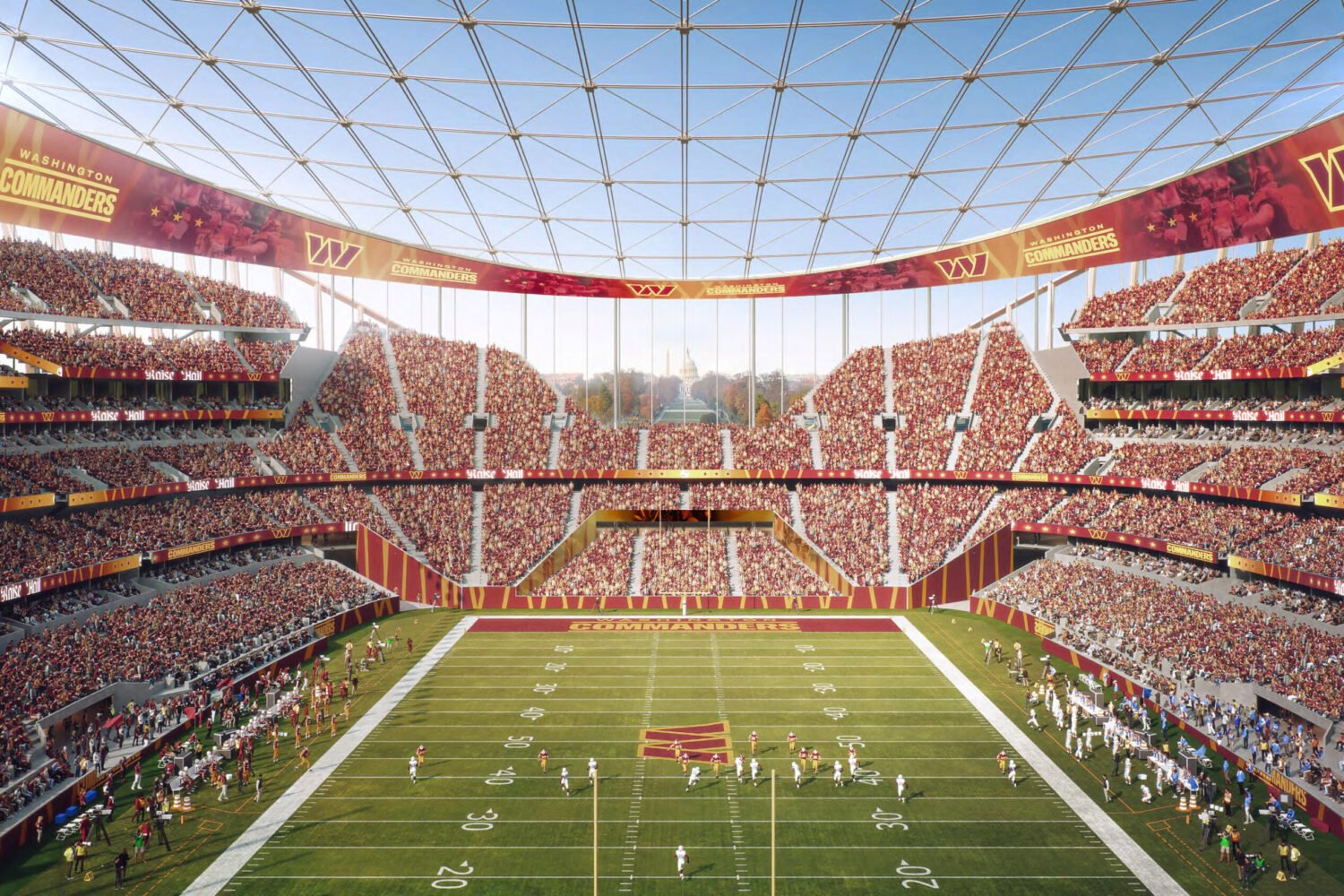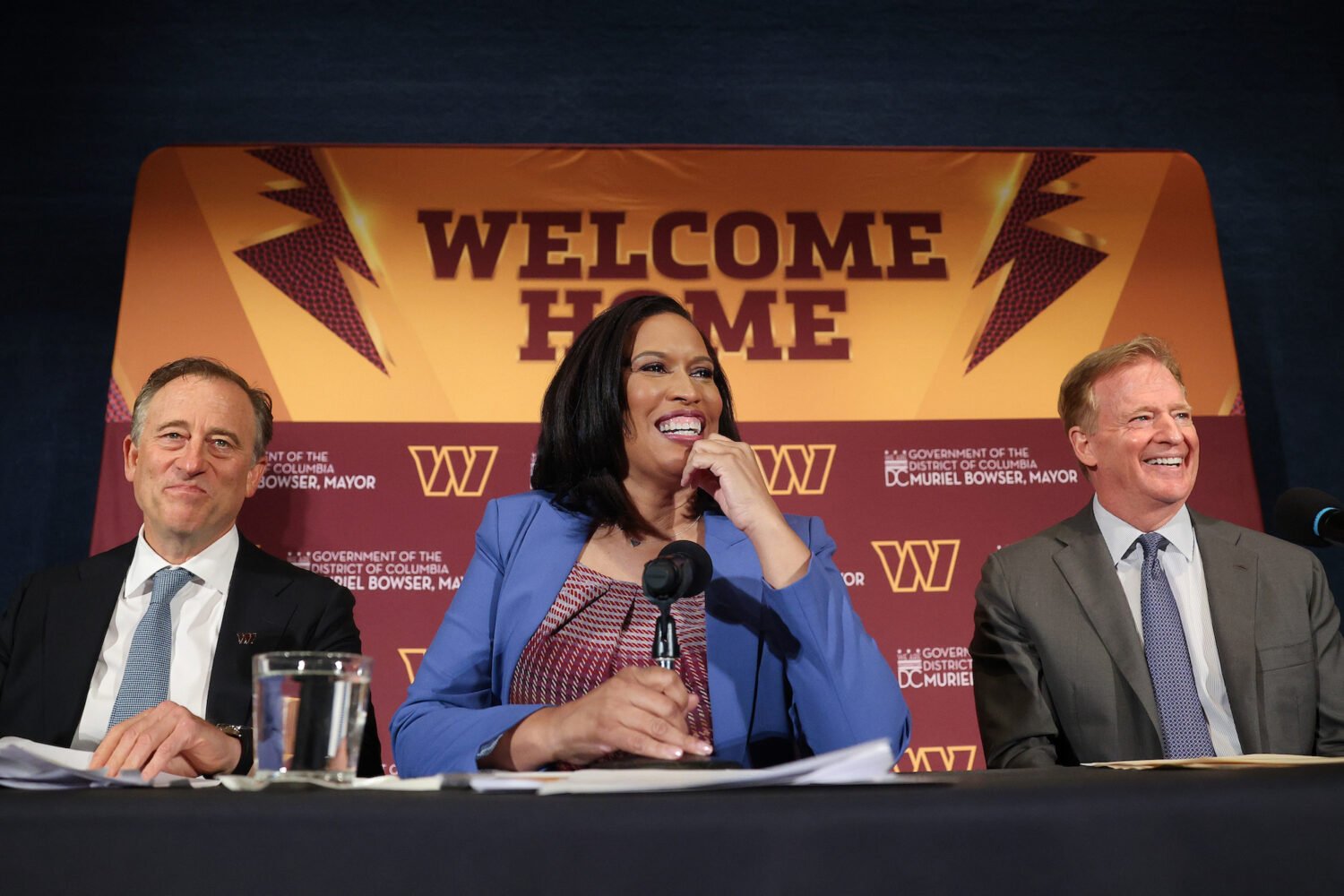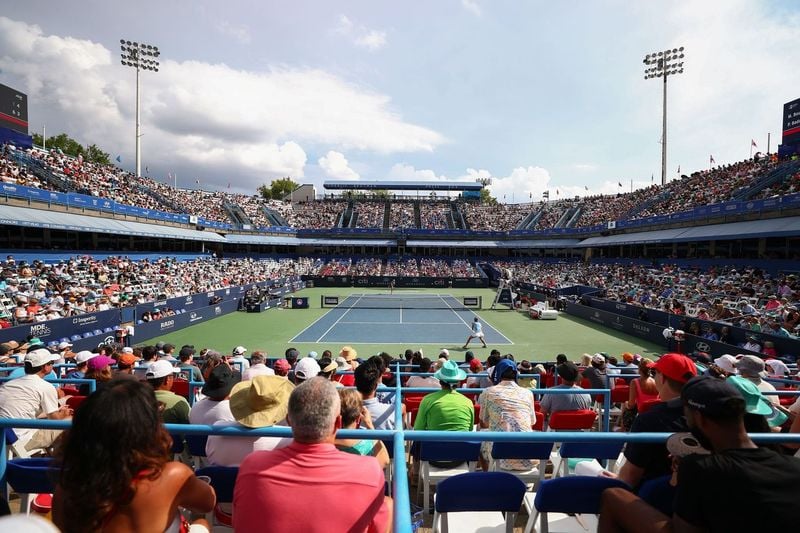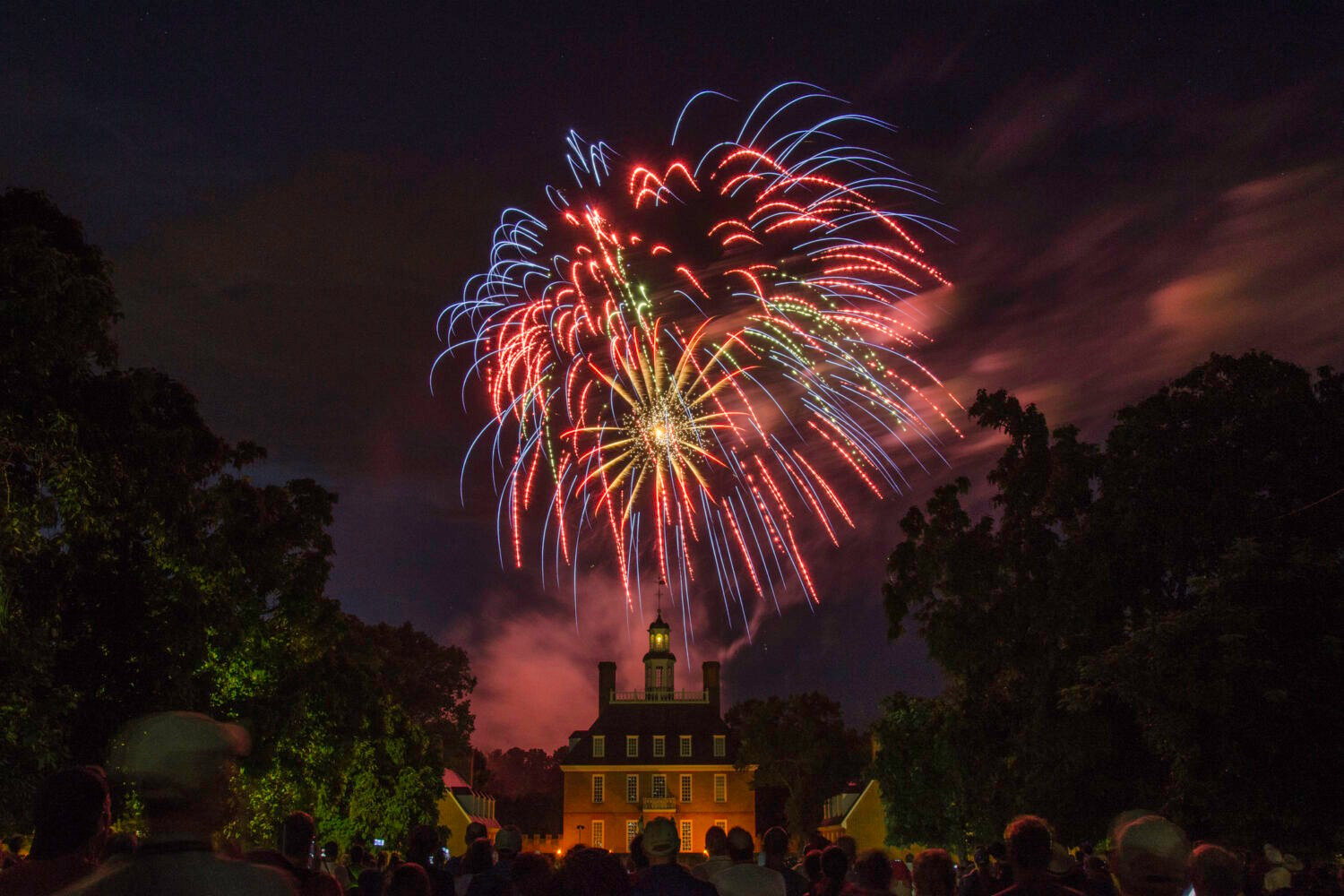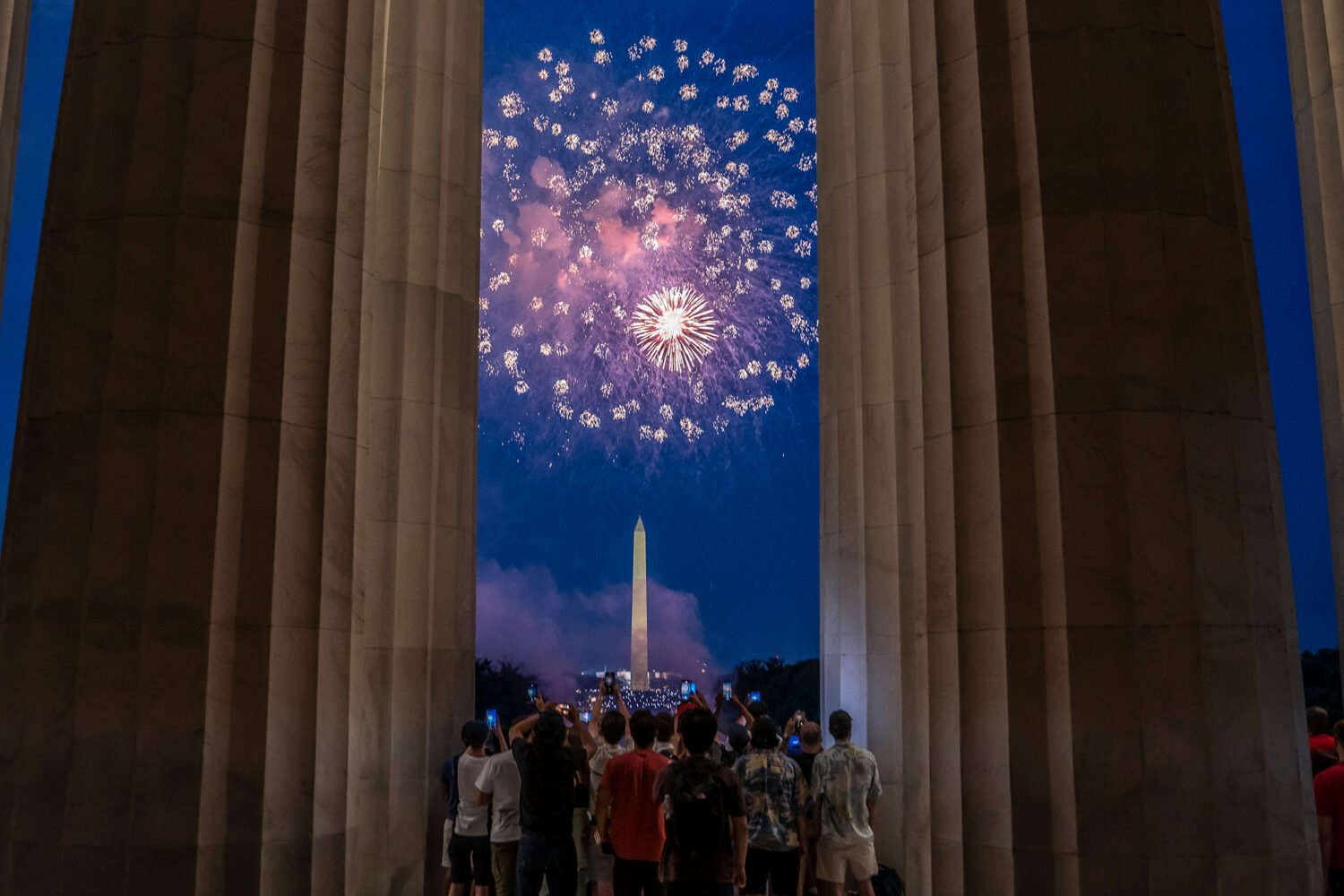Before founding Broccoli City Festival, before booking massive acts Migos, Miguel, and Cardi B for the 2018 fest and selling 30,000 tickets to Washington’s biggest Earth Day-related music event this Saturday at RFK, Broccoli co-founders Brandon McEachern and Marcus Allen hadn’t actually heard of the holiday.
Broccoli City had first started as a clothing company in Los Angeles, producing urban streetwear on American Apparel organic cotton, which attracted the environmental nonprofit Earth Day Network in 2009. “We weren’t even putting this connection together,” says Allen. “We were thinking it was just trendy shit, you know what I mean?” After realizing their fledgling company wasn’t really making money in fashion, McEachern and Allen tried something new. They knew they could throw kickass parties, so they decided to put on their first Earth Day event in 2010, a Global Coolin’ block party (and Kendrick Lamar performed). But Los Angeles didn’t seem like the right scene. “LA is so convoluted, every block, every corner there’s something going on out here,” says McEachern. “There’s a lot of dreamers in LA—everyone wants to be a celebrity” says Allen. DC’s diversity really attracted them, as well as its work-obsessed culture: “You got people who are really skilled, working for the government and they can turn up at night,” says McEachern. “There’s something special in DC, it’s an interesting sauce. Without DC, it wouldn’t be Broccoli City.”
When Allen moved to the District for a government contracting job in 2011, everything seemed to align. He and McEachern teamed up with community organizer Darryl Perkins, who they met through Global Coolin’, to start putting together the first festival in DC. (McEachern is still based in LA, Allen and Perkins both work here.)
Still, they were just a few guys taking on the Goliath of music festivals, trying to put on an entire fest practically by themselves. “We didn’t know what the hell we were doing,” says Perkins, who now runs Broccoli’s nonprofit and volunteer efforts. Of course, the biggest challenge was getting the money to hire talent. “It’s kinda hard to do these things on your own,” says McEachern. “Big festivals, they all have some sort of partner. We weren’t privy enough to come into the game with that type of support, [so] we really had to dig up and get the money on our own, whether that was sponsorship money, whether that was family and friends—like anything to make it happen because we believed in it.”
Big K.R.I.T. headlined the first fest in 2013—not too bad for their inaugural event—and about 5,000 people came out to Half Street Fairgrounds. Each year, the crew got a bit better and a bit smarter. They moved to Gateway Pavilion after the first year so they could get more control in production, and each year they were consistently able to get good hip-hop, rap, and R&B acts, ranging from Future to Kelela. Crowd sizes grew consistently, bringing in upward of 12,000 in 2016.
Plus, they were actually solvent. From the first year on, they made money each year and paid back their investors (and friends and family) with interest. As they grew the business, McEachern and Allen started to consider partnerships with larger companies, and they were getting noticed on a national scale. On Christmas Eve 2016, Allen met with The Roots‘s manager Shawn Gee, who’s organized tours for Nicki Minaj, Drake, and Lil Wayne, at the Ritz-Carlton in Georgetown for drinks. Gee pitched his newest project, Live Nation Urban, as a potential partner for the festival (it officially got off the ground in May 2017). Allen and McEachern thought Gee’s mission of creating and expanding music events in urban areas made perfect sense for Broccoli City. They had taken on almost all of the risk for the past few years and they were ready to partner with folks in the industry to up their range and reach. Gee wasn’t the only one interested: Allen had been in contact with folks at Roc Nation for some time, but in Spring 2017 the company reached out with a serious offer. Jay-Z was interested in Broccoli City and wanted to take part. It was a huge moment for McEachern and Allen, to be fielding offers from those big names. “It was flattering as shit,” says Allen, who says Jay-Z is his favorite rapper. “To just know that he is looking at us, that’s a major milestone.” Ultimately, they decided to go with Live Nation Urban because they allowed the Broccoli team more flexibility and control. “I think us not signing that [Roc Nation] deal allowed us to go one more year, the sauce the same,” says Allen.
Despite the confidence boost of potentially snagging a Roc Nation deal, Broccoli City had its roughest year in 2017, in the fest’s fifth installment. Though Solange and Rae Sremmurd were on stage, Broccoli didn’t have as much pre-sale excitement—and it rained on the day of the show. “A bad day in the festival game—we lost a couple hundred thousand,” says Allen. “Most people can’t recover.”
Going into 2018, the Live Nation Urban partnership was a huge help. They moved locations to RFK Stadium and were able to get Migos, Miguel, and Cardi B (who just announced that after performing at Broccoli, she’s canceling the rest of her tour to focus on her pregnancy). McEachern and Allen were practically counting down the days till the tickets went on sale. “We were just so butt-naked financially,” says Allen. But he and the team were sure that the lineup would bring in big sales and they could get back on track. Tickets went on sale on January 19 and three days later, they had to call RFK to switch to a bigger lot. They were expected to sell 12 to 15,000, but sold double. “I would never have told you, ‘We’re gonna sell 25-30 thousand tickets,'” says Allen. In two weeks, they were sold out at 30,000. “It was everything that we needed, to be totally honest with you,” says Allen.
What would they say to folks considering starting their own music fest? “Think bigger than a festival,” says Perkins. “There should be a heartbeat, have a message.” Allen thinks there’s a talent bubble, and it’s probably too expensive to try in this moment. “I tell people like unless you got a lotta money to lose, I would chill,” says Allen. But he still thinks the Broccoli team would’ve risked it. “I would be lying if I said we wouldn’t try it,” says Allen.

